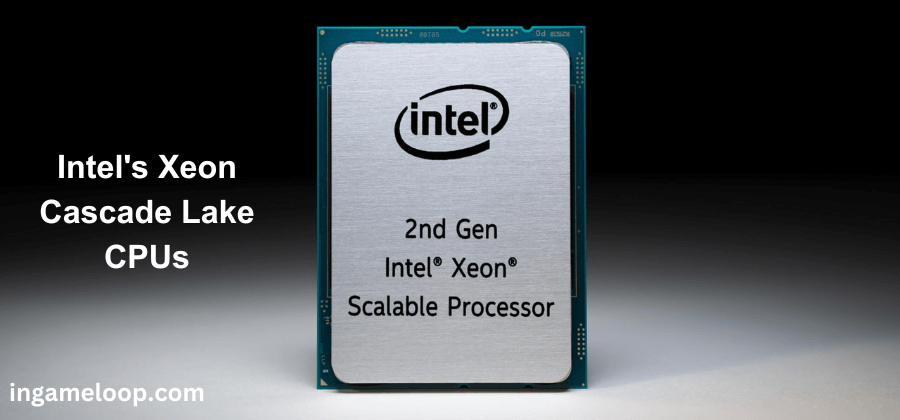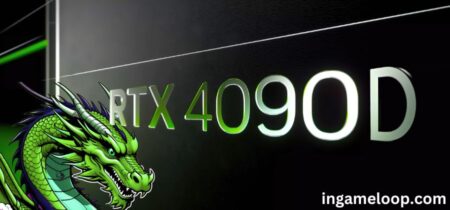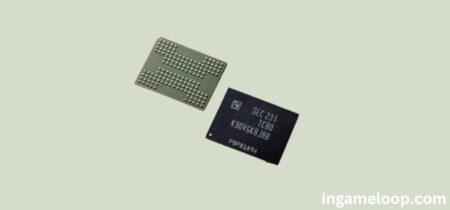
In a significant development for the world of computer processors, Intel has officially announced the discontinuation of its 2nd Generation Xeon Scalable processors, commonly known as Cascade Lake. This marks the end of an era for a microarchitecture that has been a mainstay in the industry since its introduction in 2019.
Cascade Lake was introduced as the successor to the long-standing Skylake microarchitecture, offering improved performance and efficiency. However, it faced stiff competition from AMD’s 7nm EPYC Rome chips, which led Intel to take drastic measures. The company was forced to discontinue some of its Cascade Lake Xeon SKUs and reduce prices on the remaining models in response to the pressure from AMD’s offerings.
What sets Cascade Lake apart, and perhaps contributed to its eventual discontinuation, is its extreme feature segmentation. Unlike its competitors, not all Cascade Lake chips supported the same amount of memory or Optane DC Persistent Memory DIMMs. In contrast, AMD’s EPYC Rome lineup offered a consistent feature set across all its SKUs, providing consumers with a more straightforward experience.
One of the most notable aspects of this announcement is Intel’s commitment to fulfilling existing orders. Customers have until April 26, 2024, to place their final orders through their local Intel representative. Furthermore, Intel has assured that the last Cascade Lake Xeon orders will be shipped out by October 23, 2026.
This means that Cascade Lake CPUs will continue to be available for at least another couple of years, providing a transition period for businesses and organizations relying on this microarchitecture.
Cascade Lake’s discontinuation extends to both tray and boxed processors, affecting a total of 68 Cascade Lake products, as listed in Intel’s Product Change Notification (PCN) document. This move aligns with Intel’s strategic focus on newer generations of processors, such as the 4th Generation Xeon Scalable Sapphire Rapids processors, which have already superseded Cascade Lake in terms of performance and capabilities.
However, not all is lost for the Cascade Lake lineage. Intel has ensured that there will be no disruption for its embedded customers. As a result, Cascade Lake-embedded processors represent the final 22 surviving members of this microarchitecture family. Embedded products are known for their extended lifespan compared to their socket counterparts, providing stability and continuity for businesses that rely on these processors for critical applications.
Looking ahead, Intel has taken steps to ensure that its embedded customers receive continued support. As of October 23, 2026, Intel has transitioned its Cascade Lake embedded chips to the Intel Embedded Architecture, ensuring ongoing compatibility and assistance for these products.
Intel’s announcement regarding the discontinuation of its 2nd Generation Xeon Scalable Cascade Lake processors marks the end of an era in the world of microarchitecture. While this move represents a strategic shift towards newer, more advanced processors, Intel is committed to providing a seamless transition for its customers.
With existing orders set to be fulfilled until 2024 and support for embedded products extended beyond 2026, Intel ensures that businesses and organizations relying on Cascade Lake CPUs have ample time to plan their transitions to newer technologies.
Related:
Intel to launch 13th Gen Core non-K CPUs and B760 motherboards on January 3rd, 2023
Intel Displays Granite Rapids CPUs as Specs Leak: Five Chiplets
Russian CPU Tested Against Intel and Huawei Processors Fails to Impress







